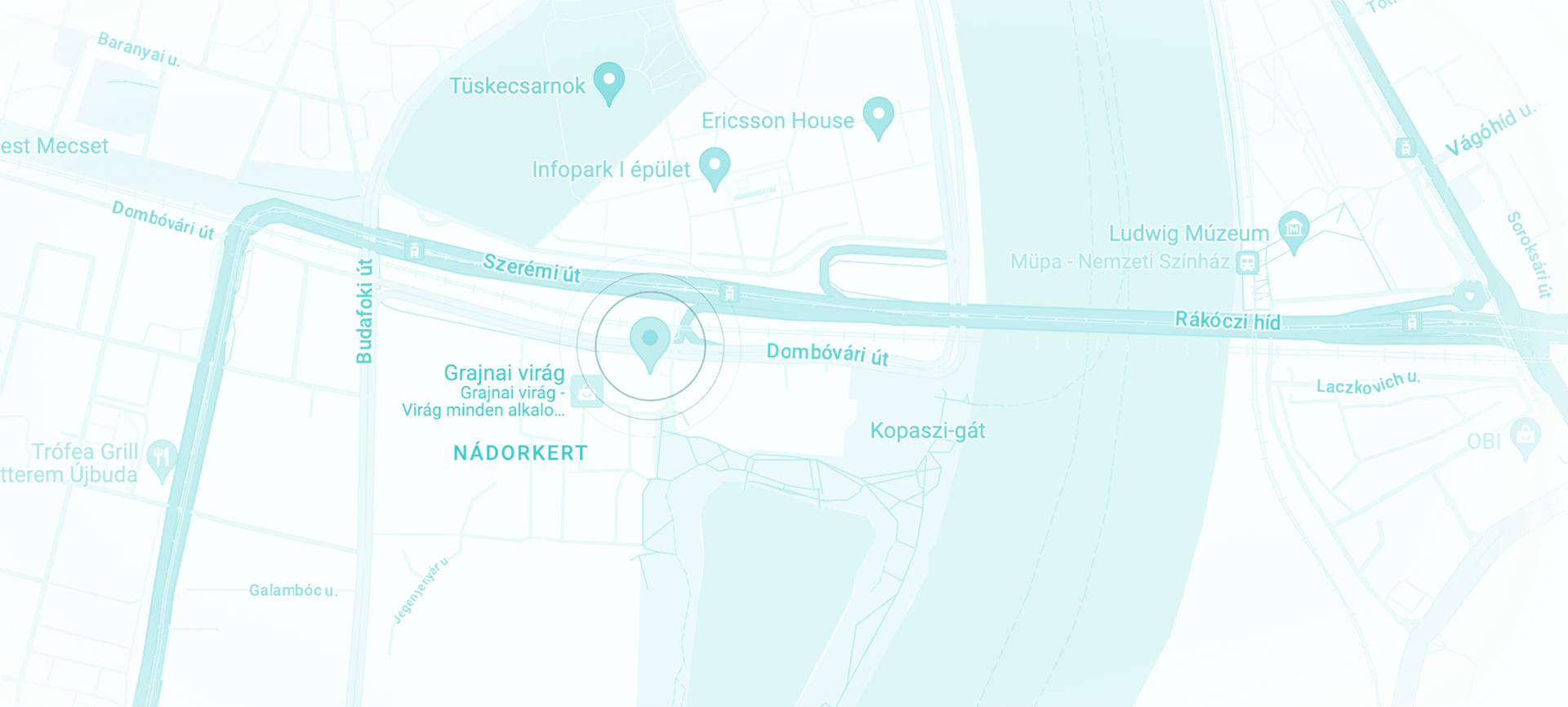
Aspects to consider before creating a webshop in Hungary
E-commerce has been gaining more and more ground compared to traditional sales, especially during the recent pandemic that forced many people to practice social distancing and choose webshops with home delivery instead of visiting shops in person. The option for online purchase can make your products more attractive and accessible while protecting the health of your customers.
E-commerce has been gaining more and more ground compared to traditional sales, especially during the recent pandemic that forced many people to practice social distancing and choose webshops with home delivery instead of visiting shops in person. The option for online purchase can make your products more attractive and accessible while protecting the health of your customers.
E-commerce trends in Hungary
Since about 80% of the population in Hungary has access to the internet, having an online presence offers your company and your products excellent options for additional sales. The main sectors currently include electronics, toys, and presents, while the volume of “fast moving consumer goods”, meaning mostly groceries, meals and drinks has also been increasing, especially over the last few months. With so many stores operating with restricted opening hours, small and medium sized shops have started doing deliveries as well as large stores.
The volume of online shopping has been increasing in the B2B as well as the B2C relation. Companies also like to take advantages of online shopping that include speed as well as convenience, this way saving on the valuable time of employees and using it for purposes more closely related to the core activities of the company.
Own webshop or international platform
While many Hungarian companies operate their own webshops, several international platforms are also present in (or deliver to) Hungary, including Alibaba, Ebay, Amazon, or Booking.com. Whether you should entrust your products to the big platforms or make your own webshop will depend on your product and your ideal customer, whose shopping habits should be mapped in a detailed market research.
In either case, you must take care of SEO: creating content (mostly product descriptions) in a way that customers can easily find your products. The language is a crucial aspect: if you operate a company in Hungary targeting customers in Hungary, the content directly related to your products and the marketing content must be available in Hungarian.
User experience tailored to Hungary
People in Hungary usually prefer to shop in Hungarian, see the prices in HUF, and take advantage of payment options popular in Hungary. Payment in cash on delivery is rapidly losing ground to online prepayment with a bank card. Many people have access to a virtual bank card for that purpose, or use SimplePay, the app developed by OTP, one of the major banks in Hungary. PayPal is not that widespread in Hungary, although it may come in handy for international customers.
Before tailoring your webshop to Hungarian needs, you must keep pleasant user experience in mind, which should include convenient browsing and easy access to product descriptions. Do not forget mobile phone users either, since these days about half of the traffic comes from phones rather than desktop computers. Some options developed especially for mobile phone users may be a nice touch to your webshop and make your products more attractive to customers, e.g. AR solutions, where augmented reality seen through the eye of the phone lets potential customers try on clothes or see how a piece of new furniture would look in their homes.
Logistics: shipping, delivery
While the heart of a webshop is the professional order management system that takes care of the registration of sales and sorting products before delivery, you must consider how your products will arrive to your customers. Independent delivery companies are more popular that the national postal service of Hungary, especially as they now often offer an option for contactless delivery. The latter is increasingly important for customers in quarantine or simply wishing to avoid health risks as much as possible. Delivering goods to pick-up points, while cheaper, is quickly losing its charm since it involves visiting crowded locations, although many logistic companies operate self-service lockers. Striking a deal with a logistics company may result in considerable savings for both you and your customers.
E-commerce outside Hungary
You should decide early on whether you wish to sell your products only domestically or also outside Hungary. This is important not only for logistics, but also for taxation. When you are selling to end users, the price should contain their local VAT, which is different for every country of the EU. Before you decide, read more about distance selling in the EU, and make sure to consult your accountant.
Summary
Whether or not you should have a webshop in Hungary depends on the shopping habits of your ideal customer, which can be either a private individual or a company. Most sought-after products include electronics and toys, while groceries are also gaining ground. If you are selling to Hungarian customers, tailor everything to meet Hungarian expectations, including SEO, user experience, payment options and delivery. Decide whether you want to trade internationally, since different VAT regulations will have to be observed. Keep your Hungarian accountant in the loop, as they can give you invaluable insight on the financial aspects of opening your own webshop.
Contact
Contact us today
Monday - Friday
9am - 5pm CET
Helpers Hungary Kft
Budapart Gate
Dombóvári út 27
Budapest 1117, Hungary
If you’re visiting us, please use entrance A and come to the 2nd floor.






